Building Data Science Applications with FastAPI. Develop, manage, and deploy efficient machine learning applications with Python François Voron
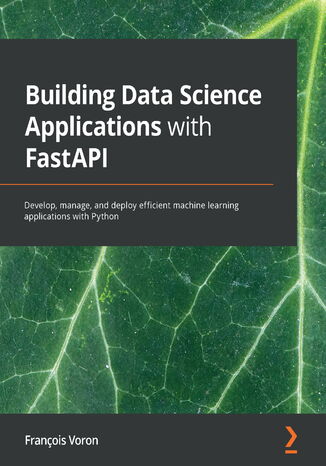



- Autor:
- François Voron
- Wydawnictwo:
- Packt Publishing
- Ocena:
- Stron:
- 426
- Dostępne formaty:
-
PDFePubMobi
Opis
książki
:
Building Data Science Applications with FastAPI. Develop, manage, and deploy efficient machine learning applications with Python
This book starts with the basics of the FastAPI framework and associated modern Python programming language concepts. You'll be taken through all the aspects of the framework, including its powerful dependency injection system and how you can use it to communicate with databases, implement authentication and integrate machine learning models. Later, you’ll cover best practices relating to testing and deployment to run a high-quality and robust application. You’ll also be introduced to the extensive ecosystem of Python data science packages. As you progress, you’ll learn how to build data science applications in Python using FastAPI. The book also demonstrates how to develop fast and efficient machine learning prediction backends and test them to achieve the best performance. Finally, you’ll see how to implement a real-time face detection system using WebSockets and a web browser as a client.
By the end of this FastAPI book, you’ll have not only learned how to implement Python in data science projects but also how to maintain and design them to meet high programming standards with the help of FastAPI.
Wybrane bestsellery
Packt Publishing - inne książki
Dzięki opcji "Druk na żądanie" do sprzedaży wracają tytuły Grupy Helion, które cieszyły sie dużym zainteresowaniem, a których nakład został wyprzedany.
Dla naszych Czytelników wydrukowaliśmy dodatkową pulę egzemplarzy w technice druku cyfrowego.
Co powinieneś wiedzieć o usłudze "Druk na żądanie":
- usługa obejmuje tylko widoczną poniżej listę tytułów, którą na bieżąco aktualizujemy;
- cena książki może być wyższa od początkowej ceny detalicznej, co jest spowodowane kosztami druku cyfrowego (wyższymi niż koszty tradycyjnego druku offsetowego). Obowiązująca cena jest zawsze podawana na stronie WWW książki;
- zawartość książki wraz z dodatkami (płyta CD, DVD) odpowiada jej pierwotnemu wydaniu i jest w pełni komplementarna;
- usługa nie obejmuje książek w kolorze.
Masz pytanie o konkretny tytuł? Napisz do nas: sklep@helion.pl
Książka drukowana


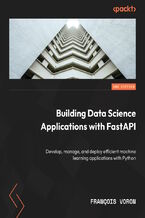

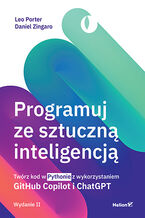







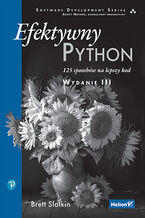







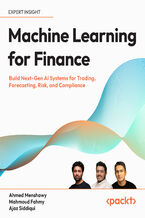
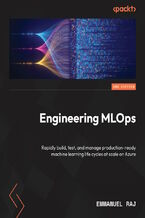

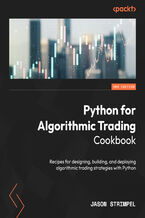

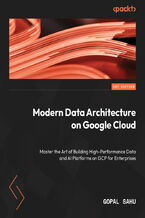

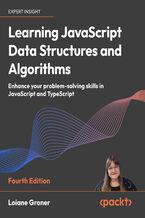
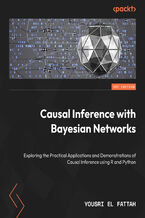
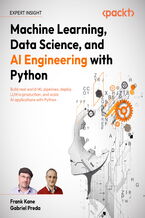



Oceny i opinie klientów: Building Data Science Applications with FastAPI. Develop, manage, and deploy efficient machine learning applications with Python François Voron
(0)